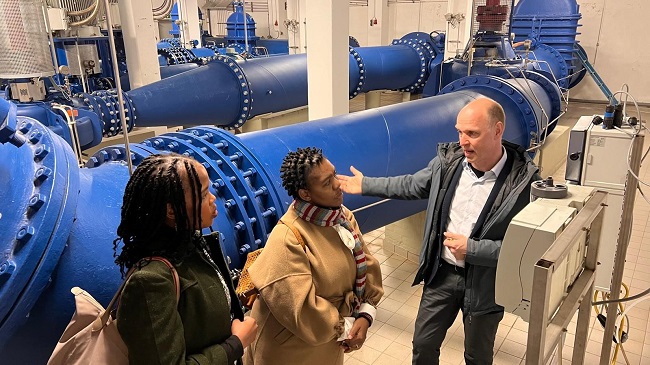Women’s empowerment through urban development.
– Gender-responsive urban services for inclusive cities.
– Improving women’s access to urban infrastructure and leadership roles.
Women in urban areas often face multiple challenges related to their roles in society. From limited access to essential services to gender-based disparities in resources, empowering women in cities is crucial for their well-being and societal progress. In response, there is a growing focus on transforming urban services to create more equitable spaces for women, promoting gender-responsive policies that address their specific needs.
Efforts are underway across the globe to improve urban infrastructure, transportation, healthcare, and safety with women’s empowerment at the forefront. Urban planning now integrates considerations for women’s mobility, accessibility to healthcare, and participation in decision-making. For instance, cities are being redesigned to include more public spaces for women and children, safer transportation options, and services that cater to maternal health.
Furthermore, women are being encouraged to engage in leadership roles within urban governance, ensuring that their voices are heard in shaping city policies. By increasing women’s representation in decision-making bodies, cities can better understand and address the needs of their female population.
Supporting women’s empowerment through urban transformation is not only about creating equal opportunities but also about improving the quality of life for all citizens. A focus on gender-responsive urban services ensures that cities become more inclusive, resilient, and sustainable in the long term, benefiting society as a whole.
